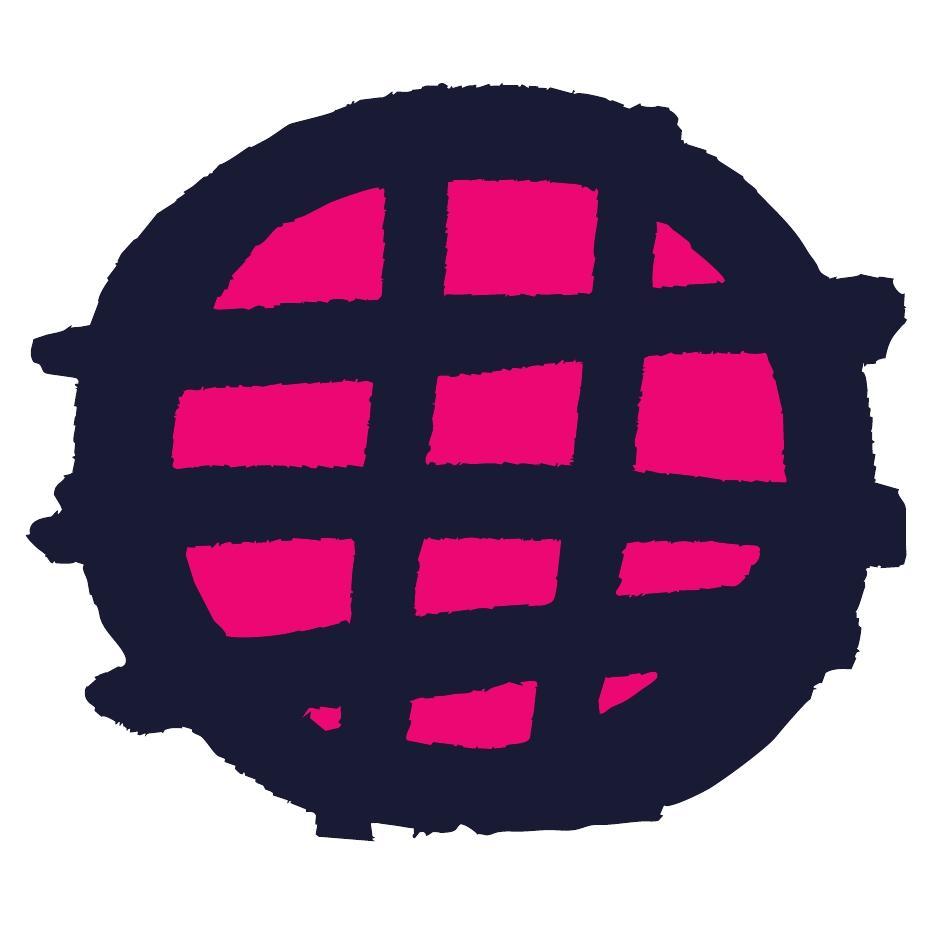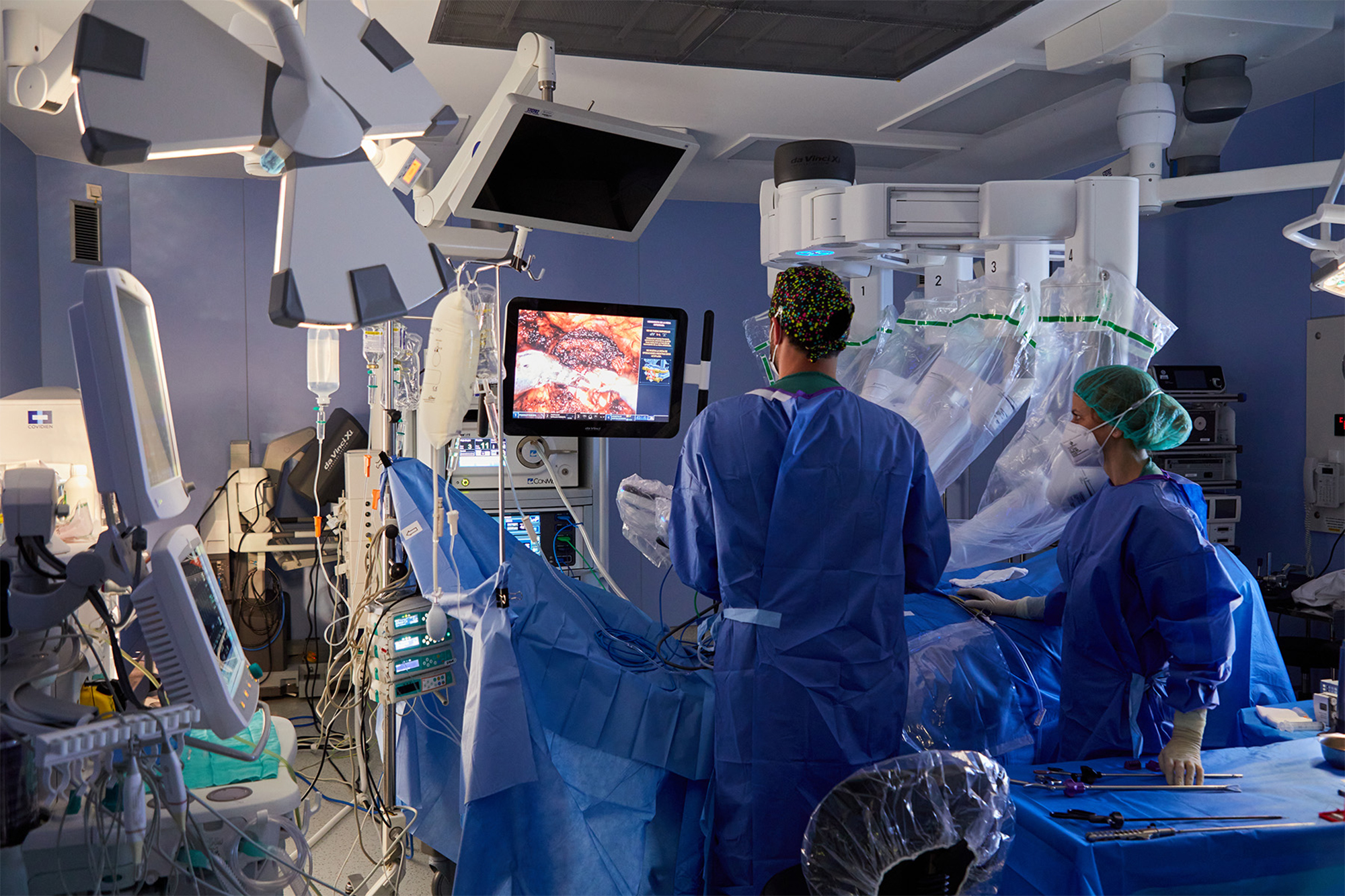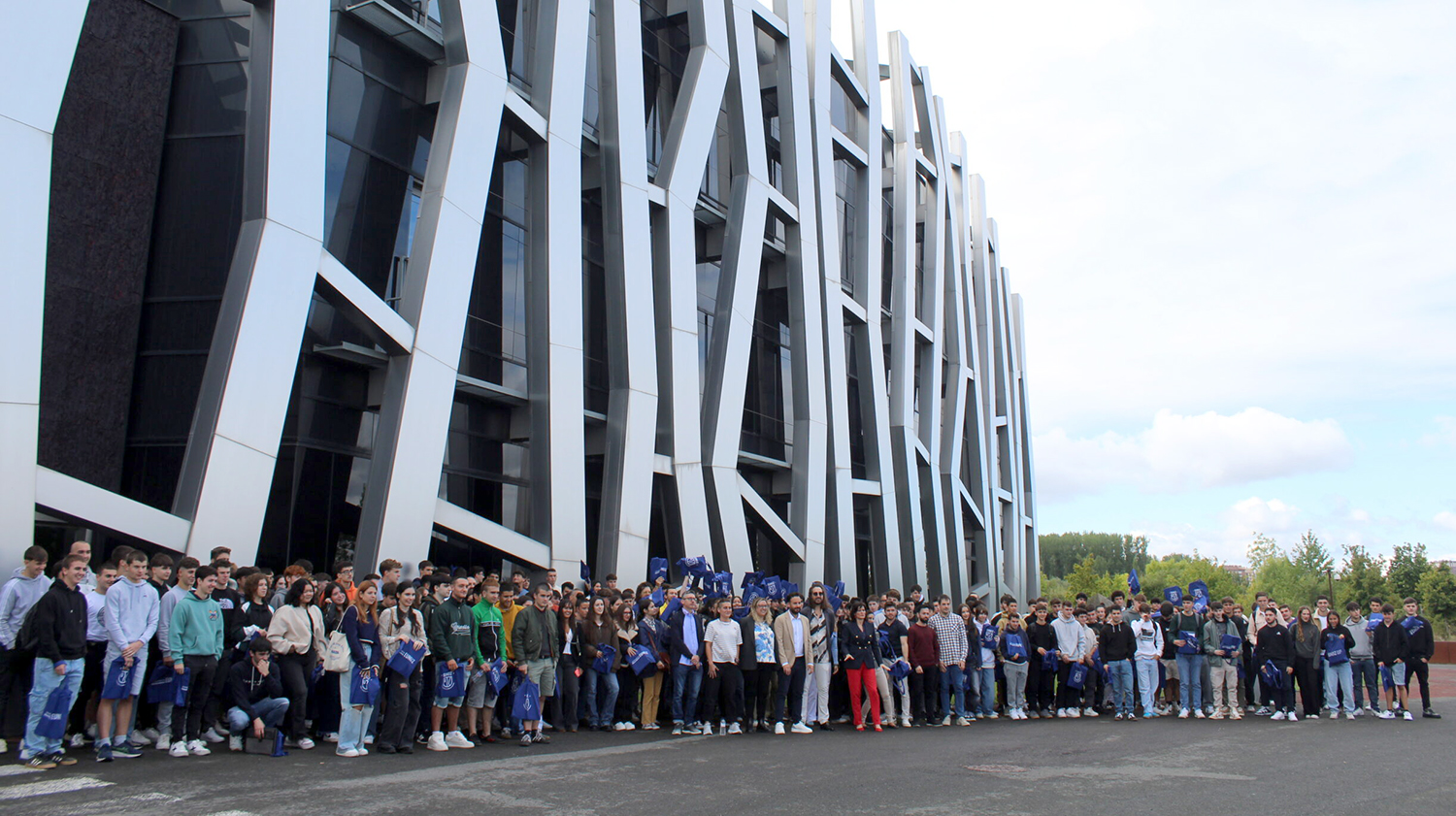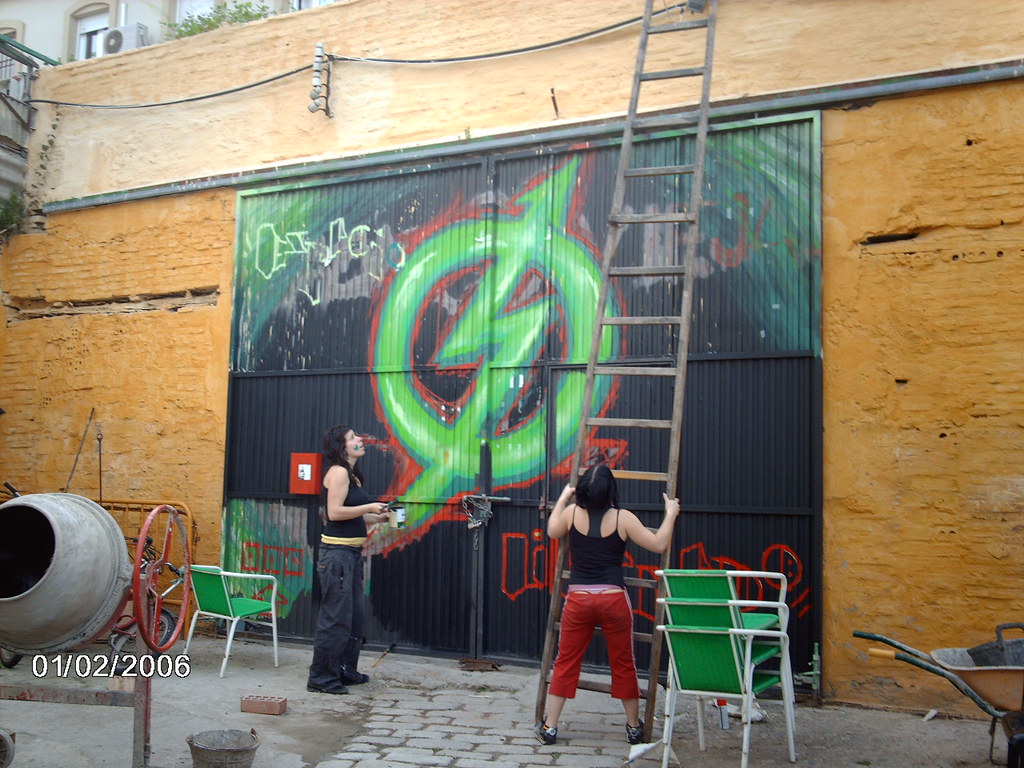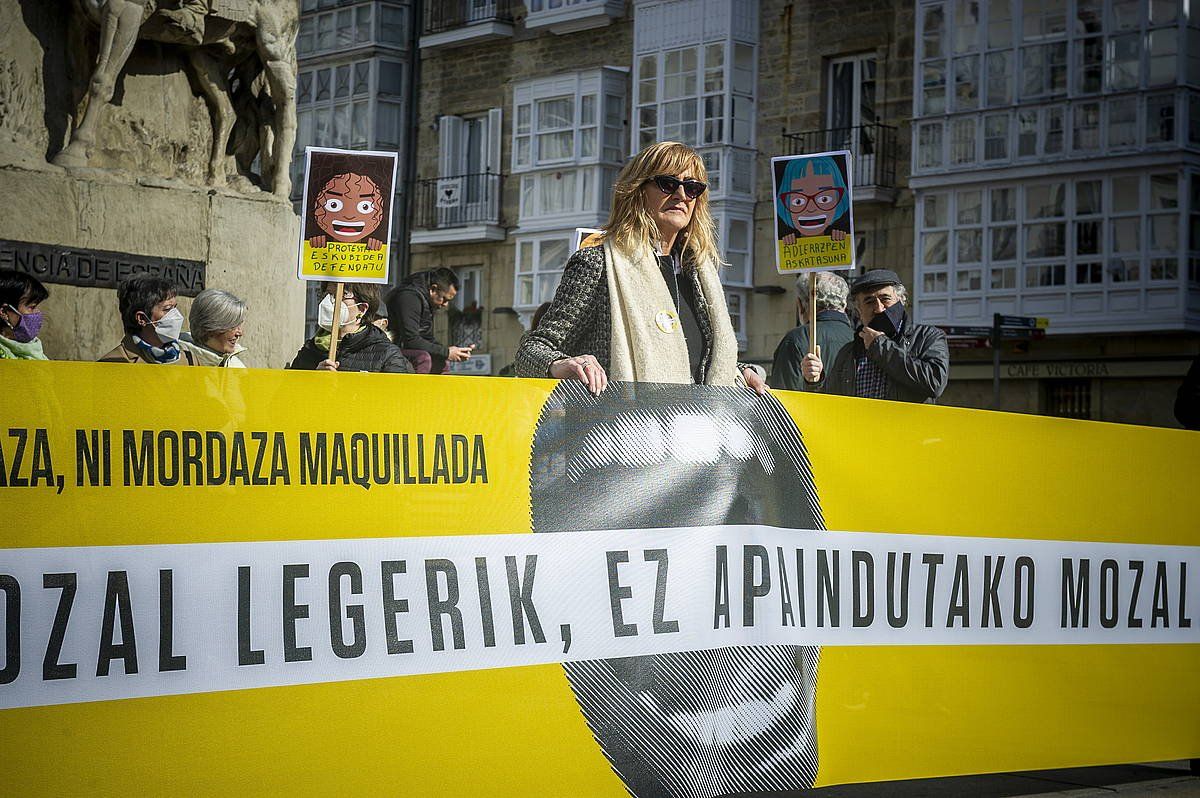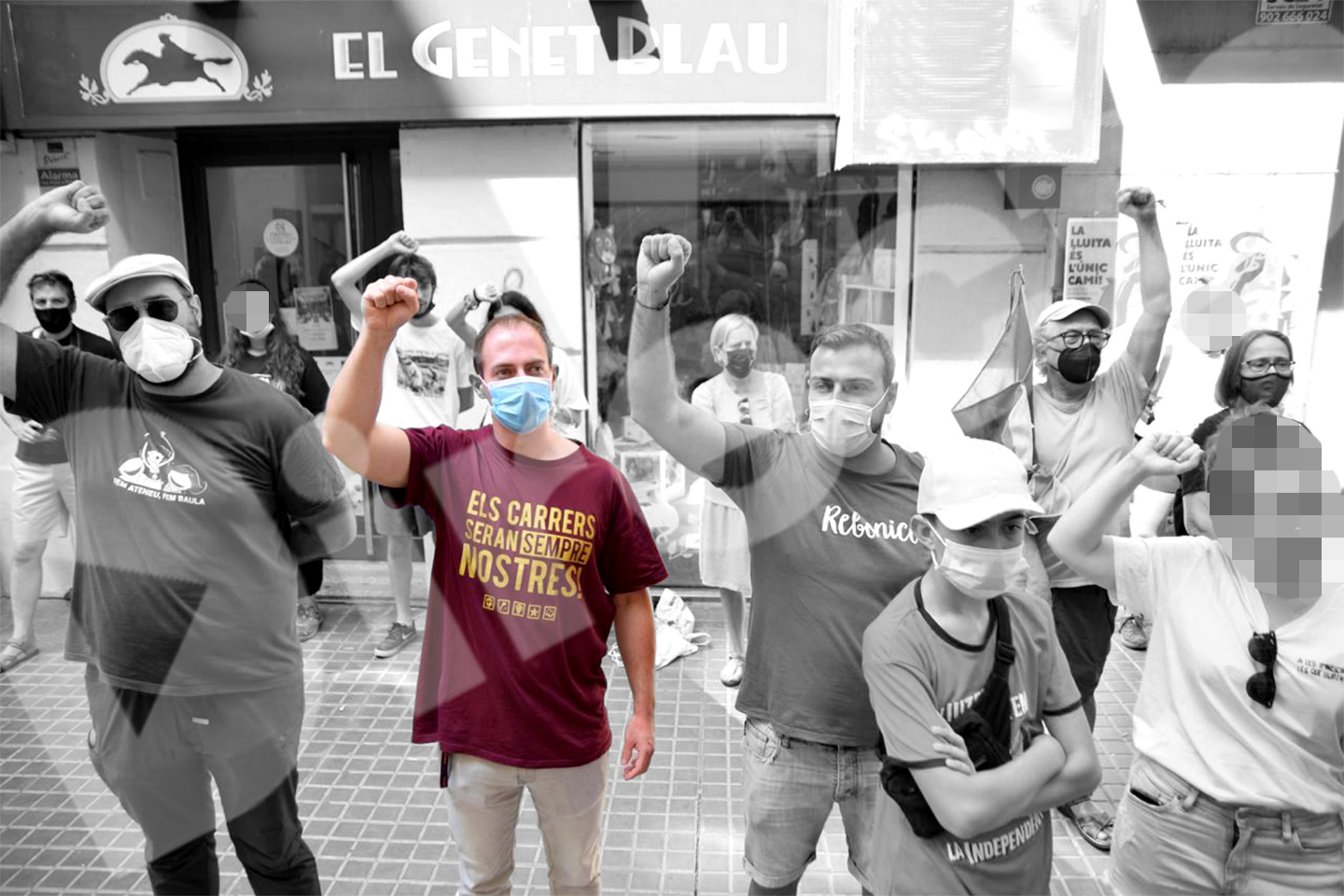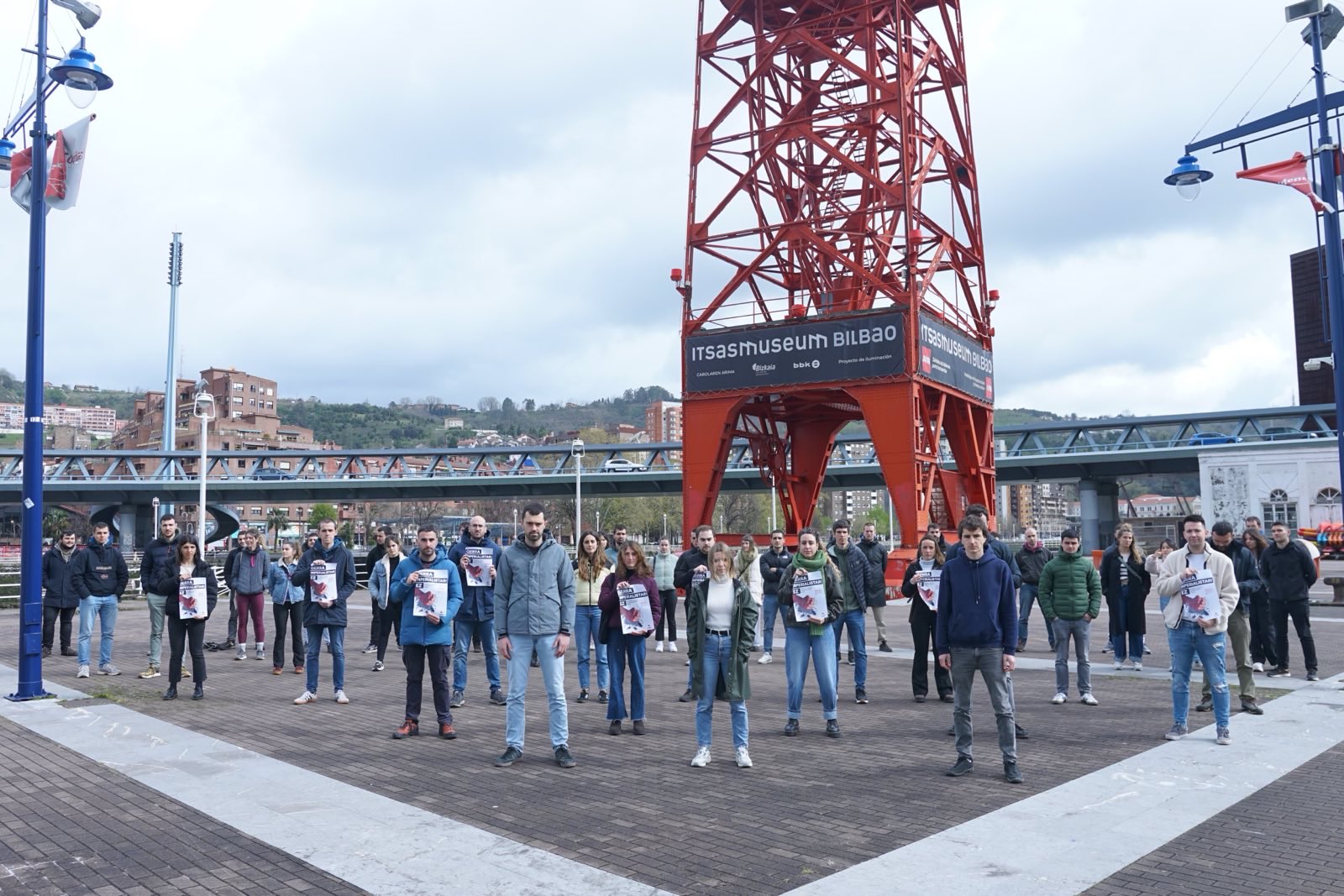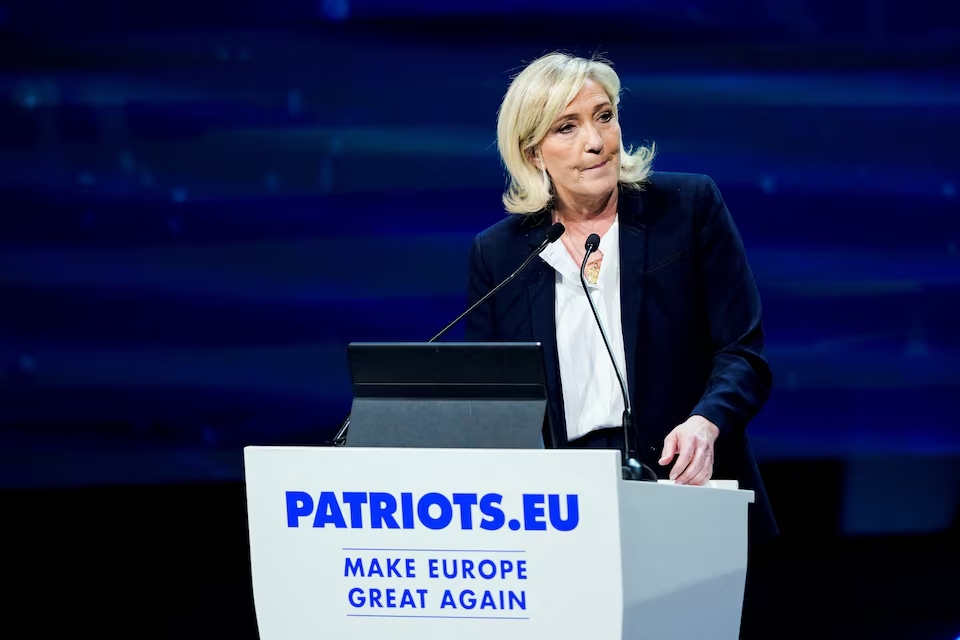Navarre, Euskadi and New Aquitaine confirm their commitment to the Euroregion
- María Txibite will take over the presidency of the cross-border body until June 2020.

The top leaders of Navarre, New Aquitaine and the Basque Country reaffirmed their commitment to the Euroregion and stressed the importance of "cooperation" in a context of "uncertainty" in favour of Brexit or of "unknown" on trade.
The President of Navarra, María Txibite, the lehendakari of the Basque Country, Iñigo Urkullu, and the President of New Aquitaine, Alain Rousset, attended the Extraordinary Assembly of the Euroregion. Through this meeting, the Euroregion has renewed its main bodies to integrate the new Government of Navarre. María Chivite will hold the presidency of the cross-border body until June 2020.
At the end of the meeting, in a media hearing, María Txibite reaffirmed the "commitment of the Foral Community to the Euroregion" and advocated that "interregional cooperation is a fundamental value for prosperity and the common good". "As members of the European area, we have the opportunity to find and share experiences, but also to undertake projects that are beneficial to all citizens and to the economic and social fabric of all our regions," he stressed.
Lehendakari, Iñigo Urkullu, stressed that the Euroregion is "an ambitious project that unites us around the common interest of overcoming cross-border obstacles and improving the living conditions of our citizens". "Our strategy is partnership between public institutions and all associations, businesses, universities, technology centres and civil society," he stressed.
New Aquitaine President Alain Rousset stressed the importance of "unity" in times of "uncertainty" and assured that it is a success to have created this Euroregion because it "has great potential".
The connection of the Basque Y, pending talks between governments
In response to the journalists' questions about the connection of the high-speed Navarre corridor with the Basque Y, Iñigo Urkullu clarified that this is the relationship between the Basque Country, Navarre and the Spanish Government.
Lehendakari said that "in the past it has been our willingness to discuss with the foral government the possible links with the Basque Y", both in Vitoria-Gasteiz and in Ezkio, but "these are issues that we still have to deal with with the Government of Navarra and with the Government of Spain". "Let us hope that after the Sunday elections it will be the Spanish Government, which is not in office and that we will be able to discuss these issues in depth," he said.
On the other hand, the Navarra President has stated that lehendakari and she have been called to a next meeting, probably after Christmas, "to talk about this and other issues". "We are concerned about the issue of infrastructure. We are also concerned about how this infrastructure develops in the Aragonese stretch, because we do nothing if we do not have the route that comes from Zaragoza, and because we have to talk to the Spanish Government. I trust that after the elections we no longer have a functioning government and a fully functioning government, because we will have to discuss technical solutions on the connection between the Basque Y and Navarre,” he explained.
New representatives
In particular, in addition to the presidency, Navarre has six people in the Assembly of the organization: Txibite Lehendakaria, Bernardo Ciriza (Territorial Cohesion), Manu Ayerdi (Economic and Business Development), Ana Ollo (Relations with Citizenship), Juan Cruz Cigudosa (University, Innovation and Digital Transformation) and Director-General for External Action, Mikel Irujo.
In addition, Mikel Irujo, and the Director-General for Enterprise Policy, International Projection and Labour, Izaskun Goñi, will be present on the Executive Committee and on the Commission of Licitaciones.No the representatives of New Aquitaine and the Basque Autonomous Community have changed.
New image
A new graphic identity has also been presented at today's meeting, the logo is formed by a grouped "E", as well as the arches, and the name of the Euroregion appears in three languages (Spanish, Basque and French). In addition, they have made the new website known. It will be launched in December with the main objective of moving from information to interaction.
Three projects selected under the POCTEFA programme
Three Euroregion projects selected under the POCTEFA programme (Cooperation Programme for the Sustainable Development of the Rhineland-France-Andorra Border Territory) have been announced. The budget for the initiatives amounts to EUR 5.6 million, and aid to ERDF funds amounts to EUR 3.4 million.
Transfermuga has the largest economic size, with the aim of improving the supply of cross-border transport to facilitate the movement and mobility of people. To do this, you will have 3,757,203 euros.El second project is Compet+, with a budget of EUR 862,895. Its objective is to boost the entrepreneurial competitiveness and innovation of small and medium-sized enterprises, identifying cross-border flows and activities. Finally, the Forma Naen project aims to increase cross-border employment through specific training, with a budget of EUR 746,875.
The writer Juan Bautista Bilbao Batxi worked in a boat and sent the chronicles of his travels to the newspaper Euzkadi. Thanks to this, we have interesting chronicles in Basque from around the world from the beginning of the 20th century. In June 1915, he made his stop in... [+]



